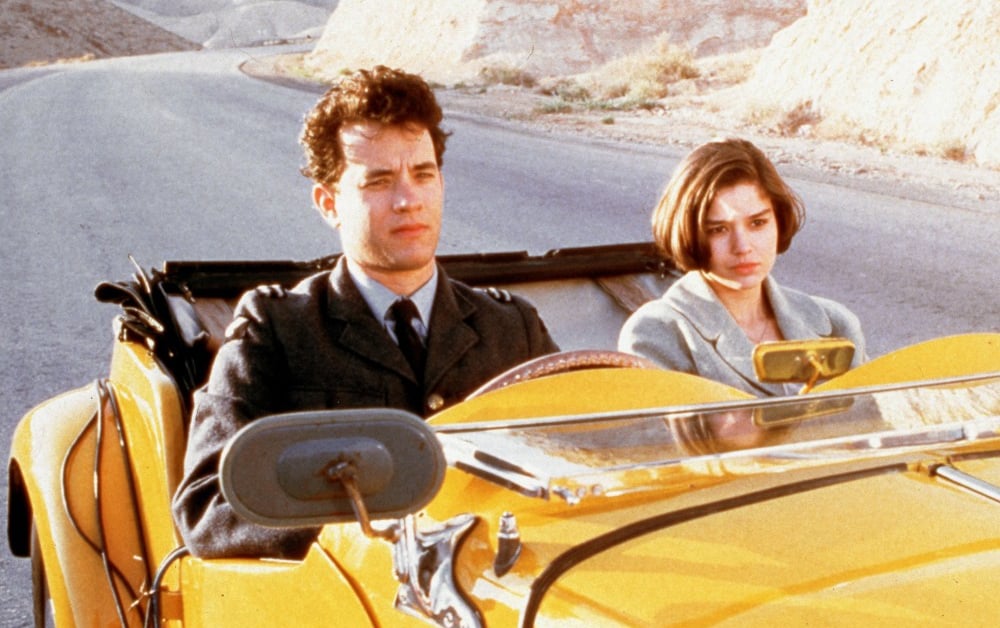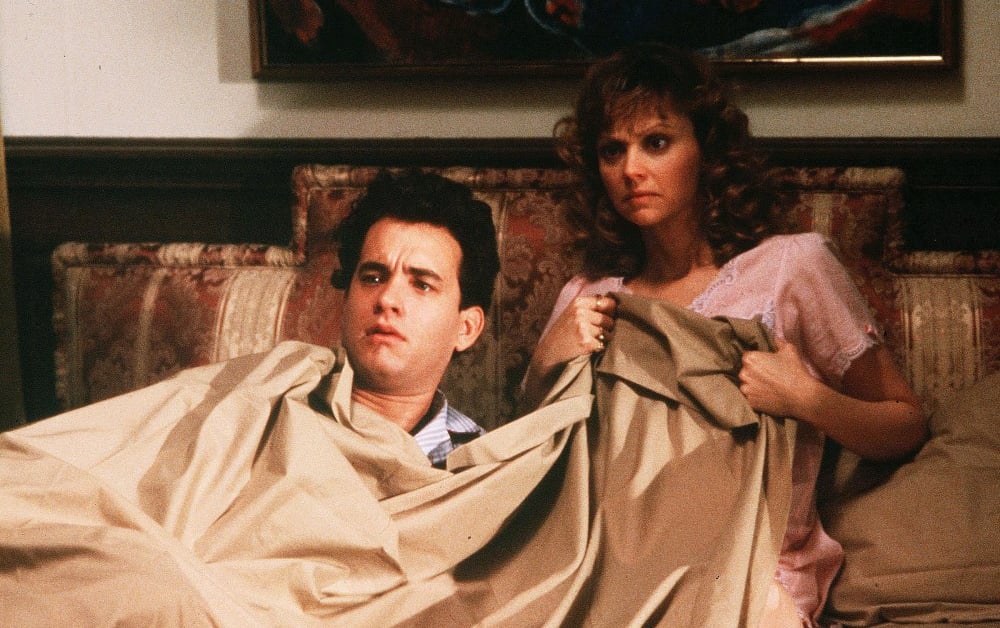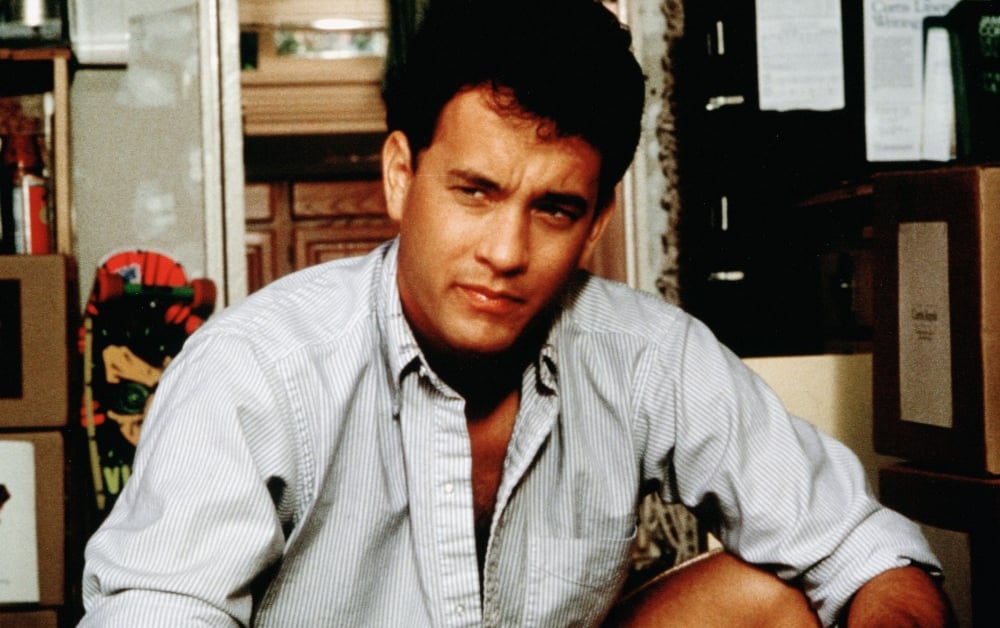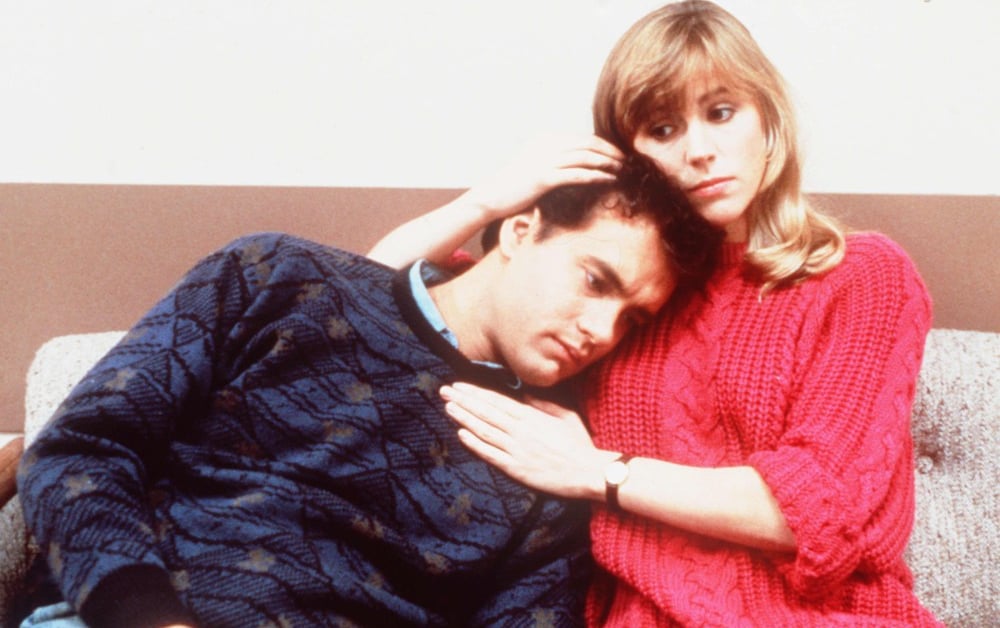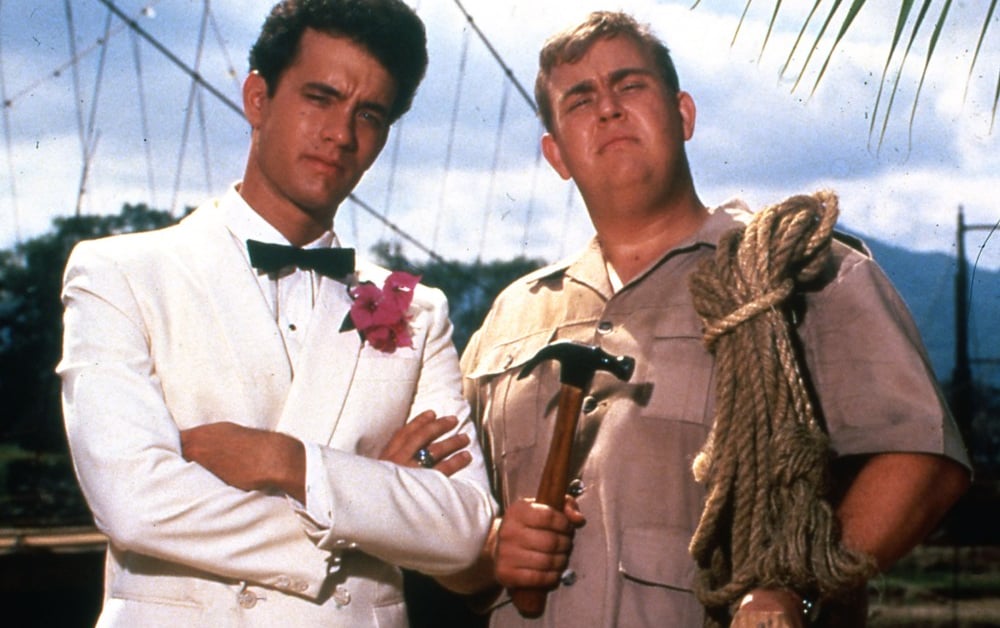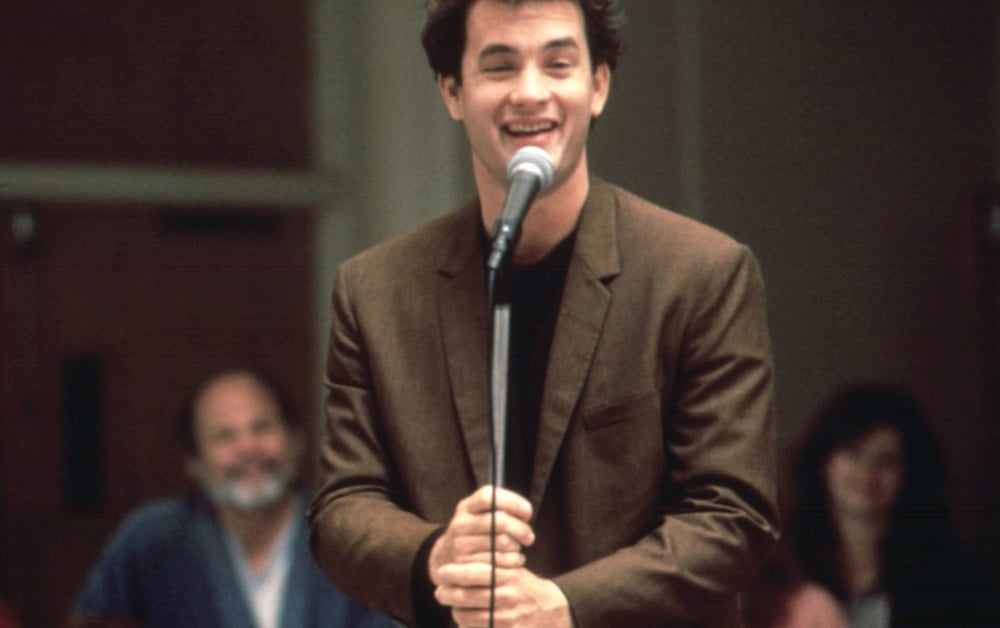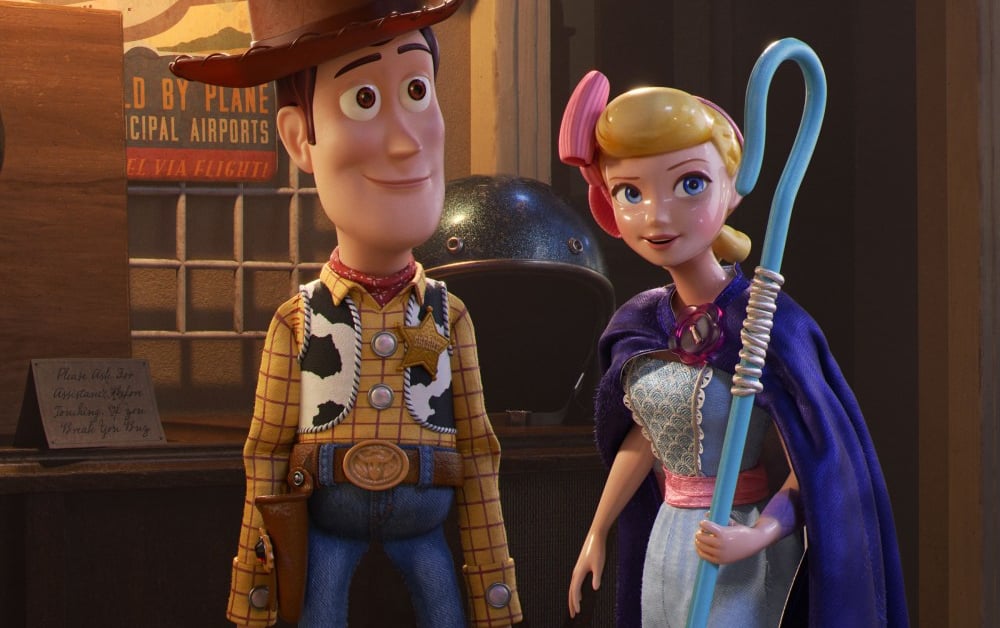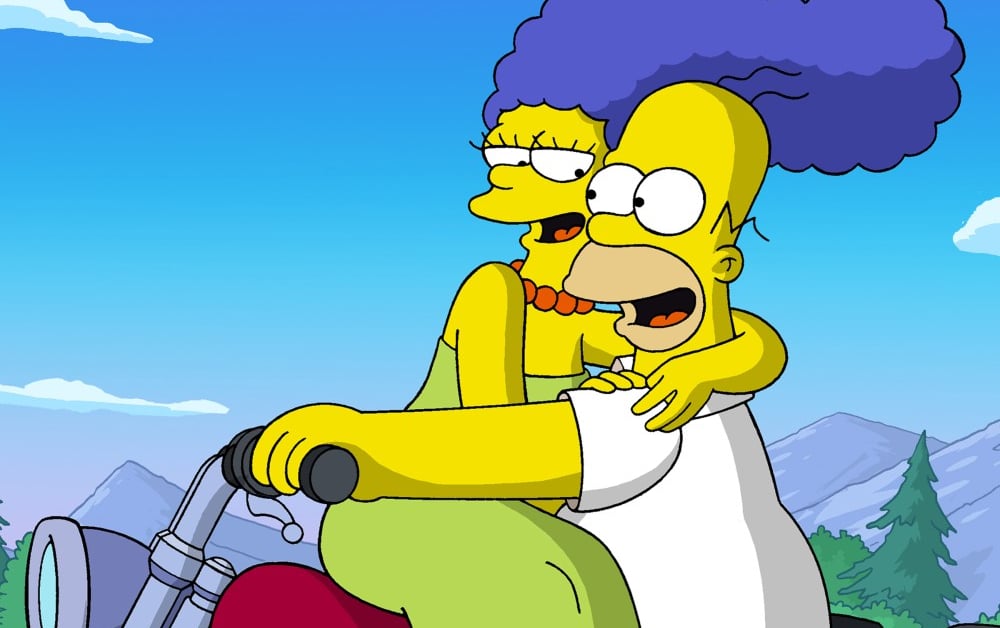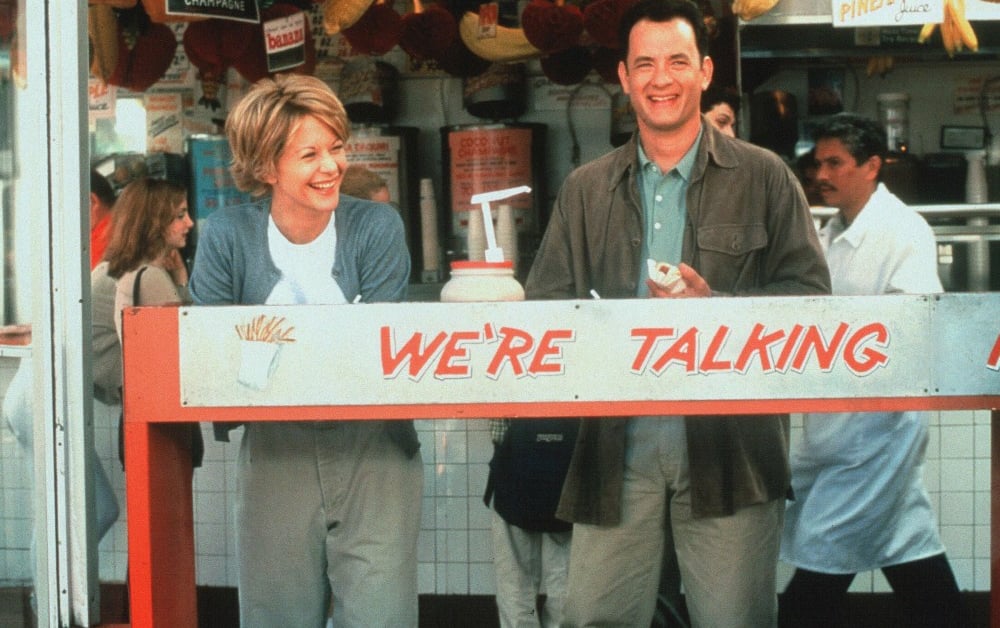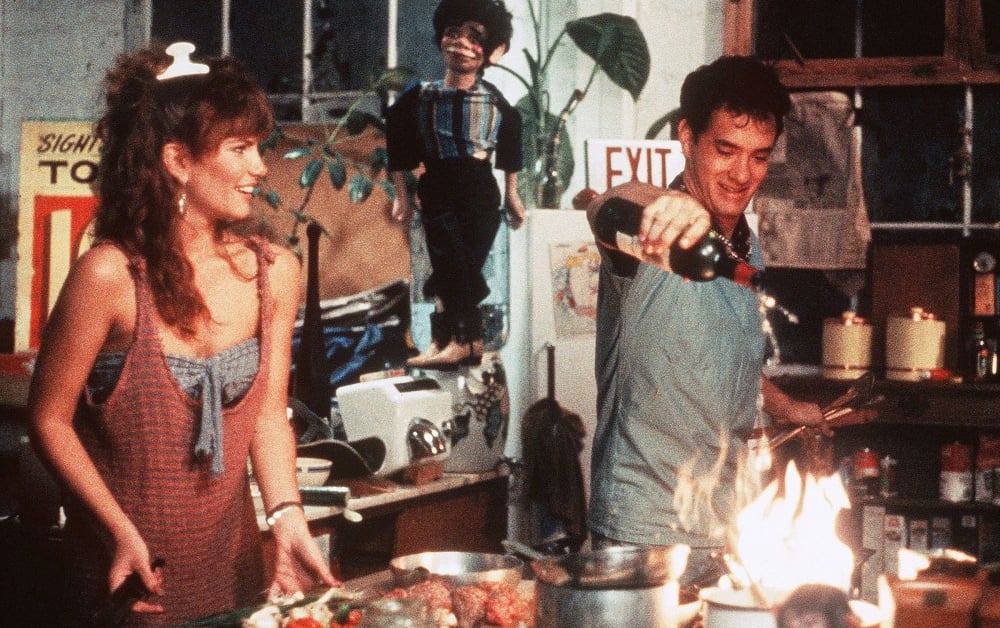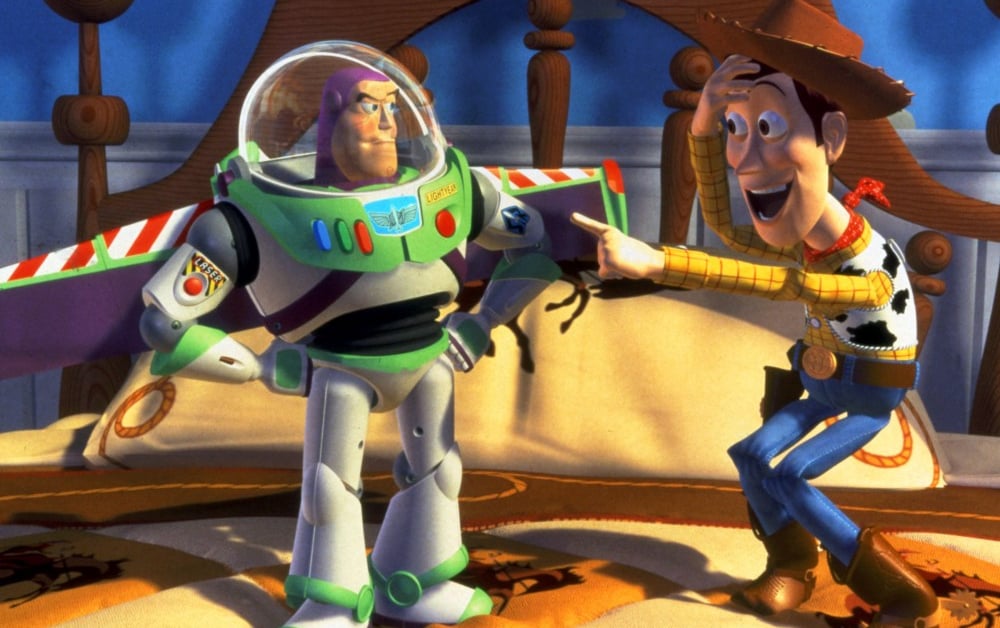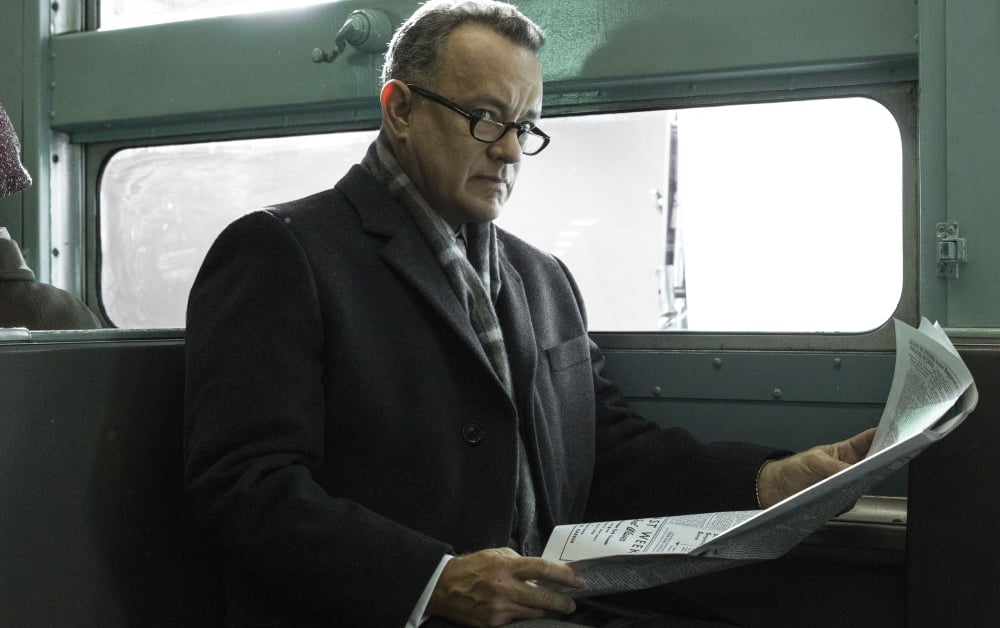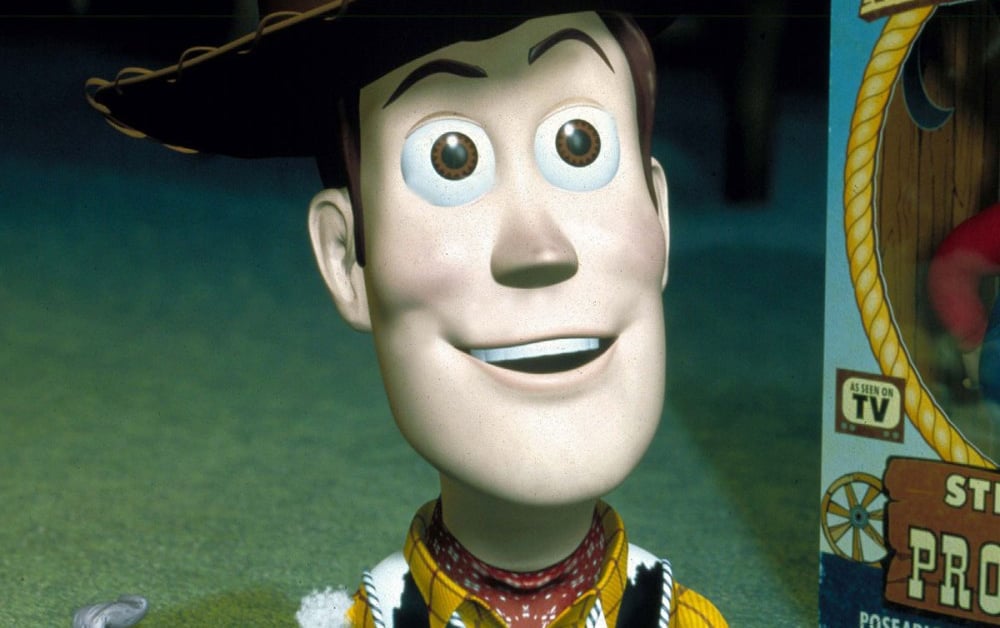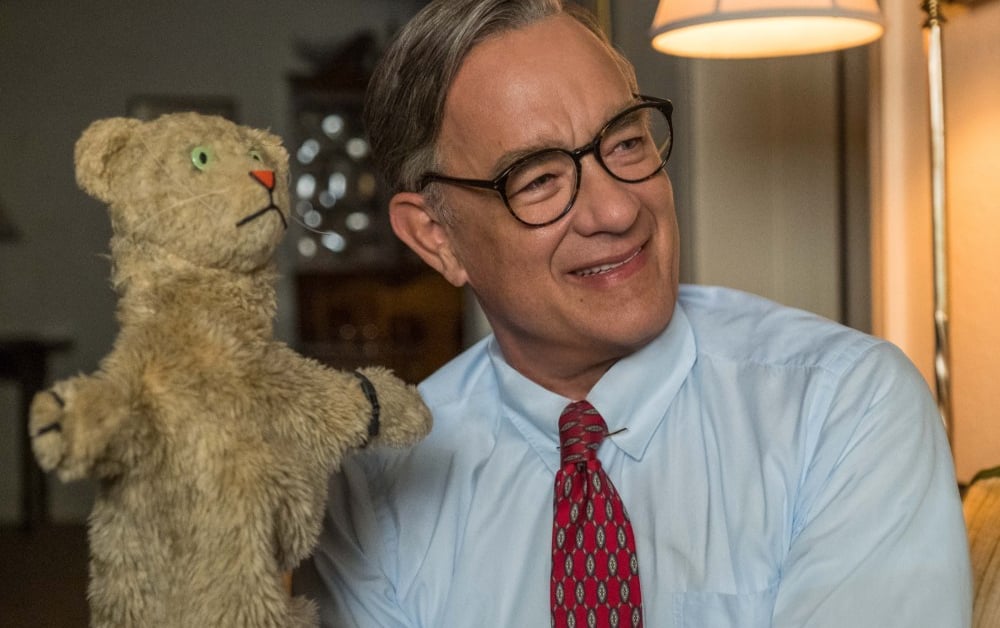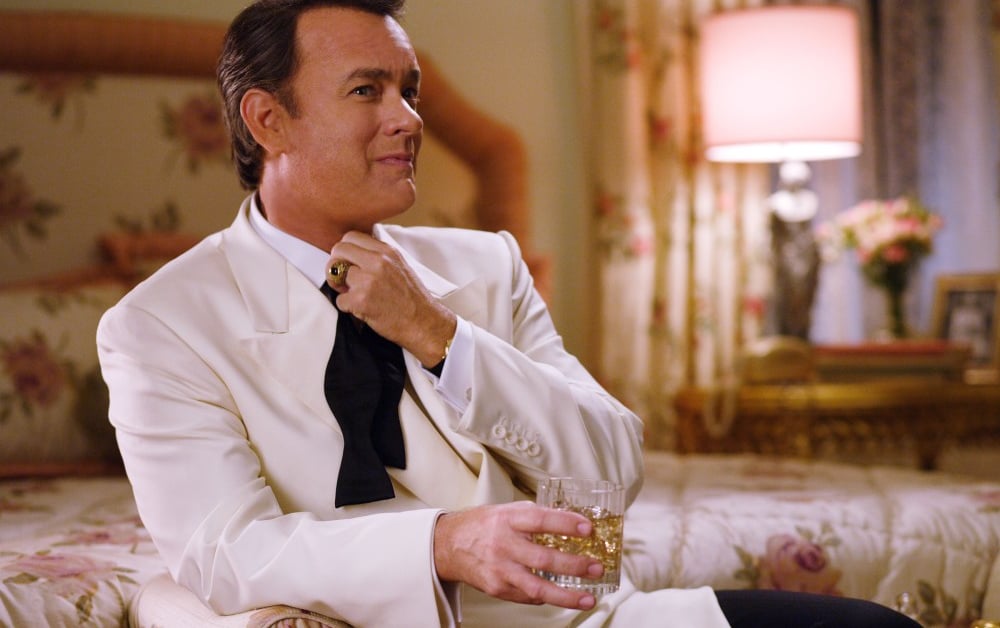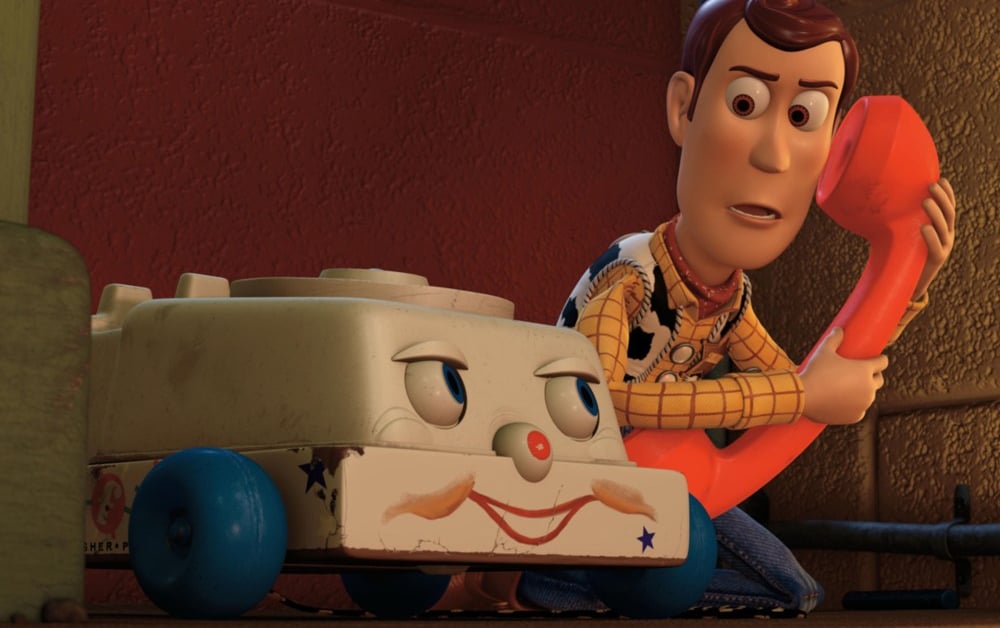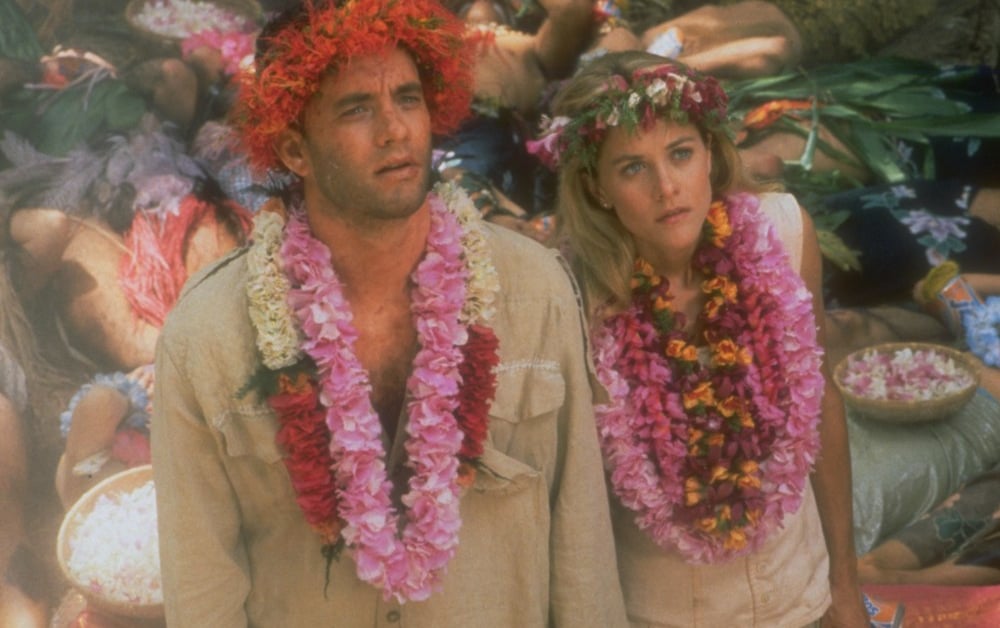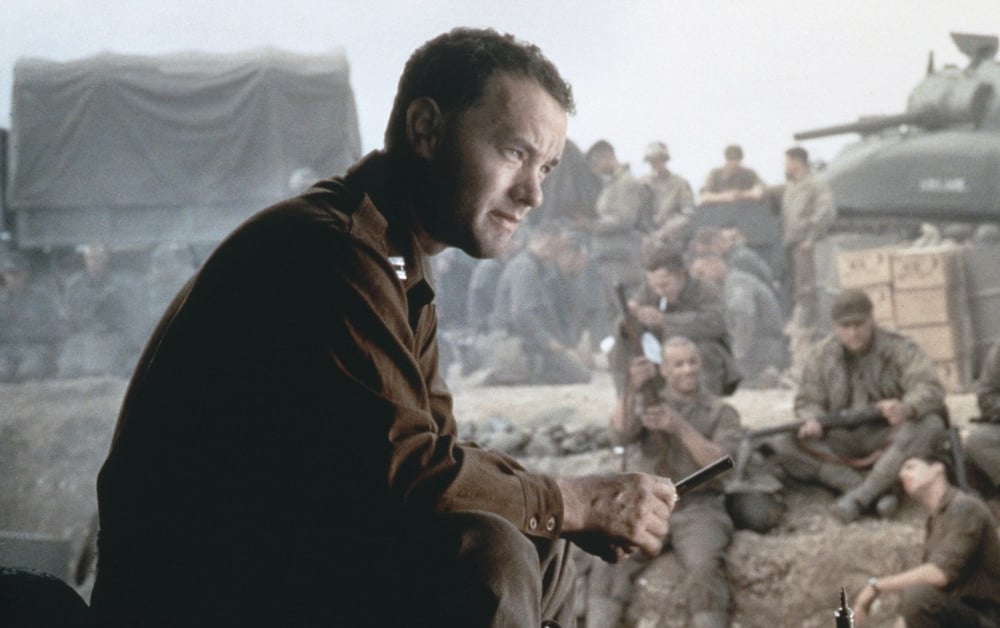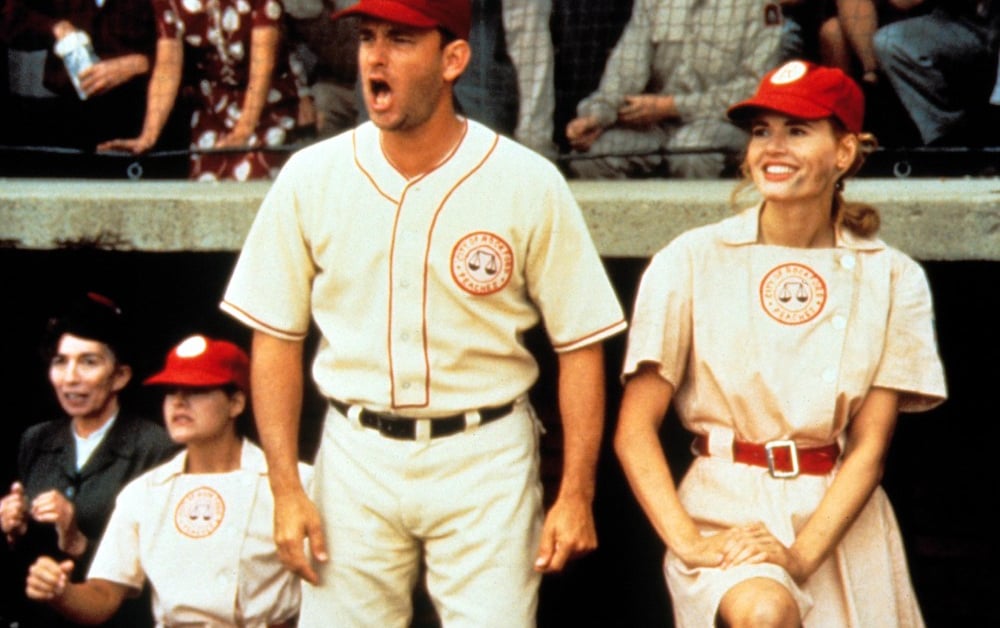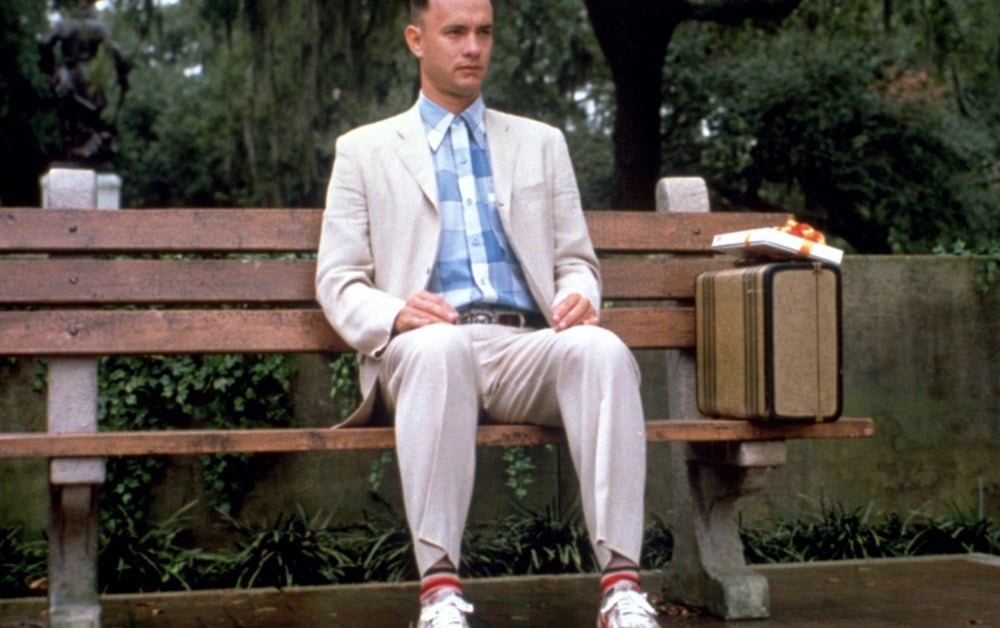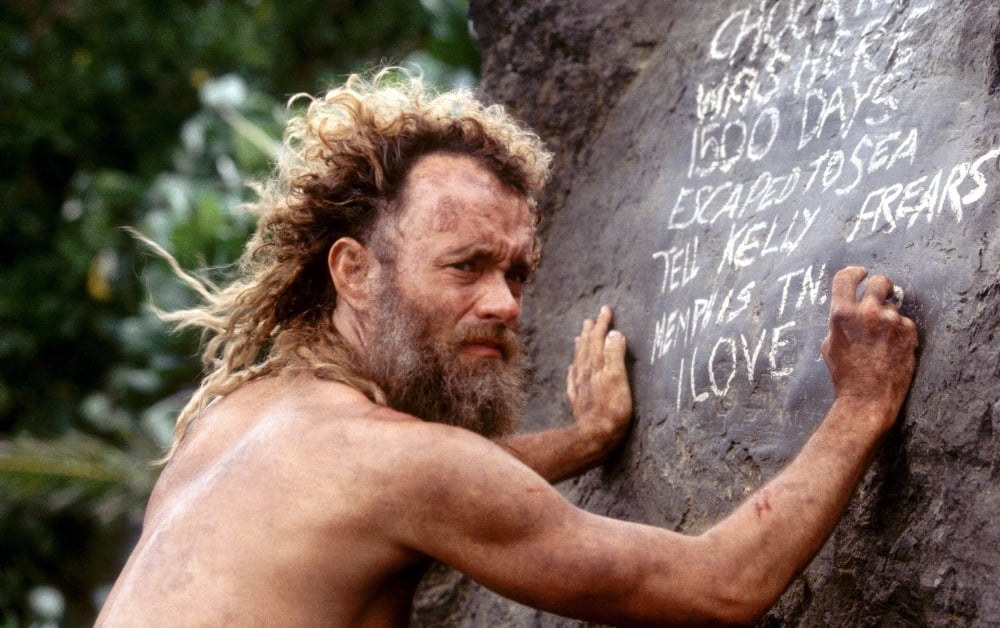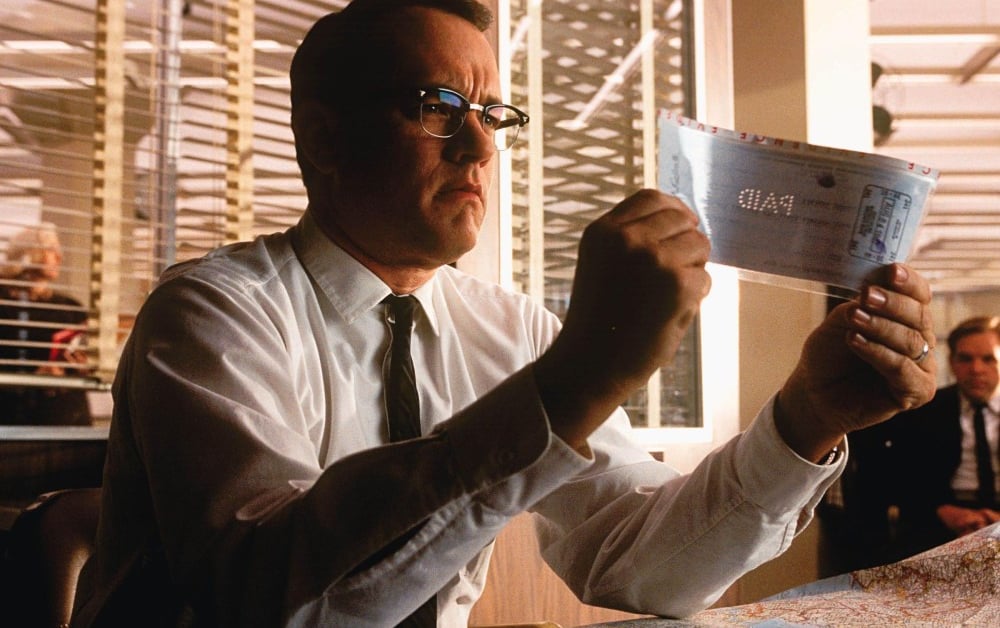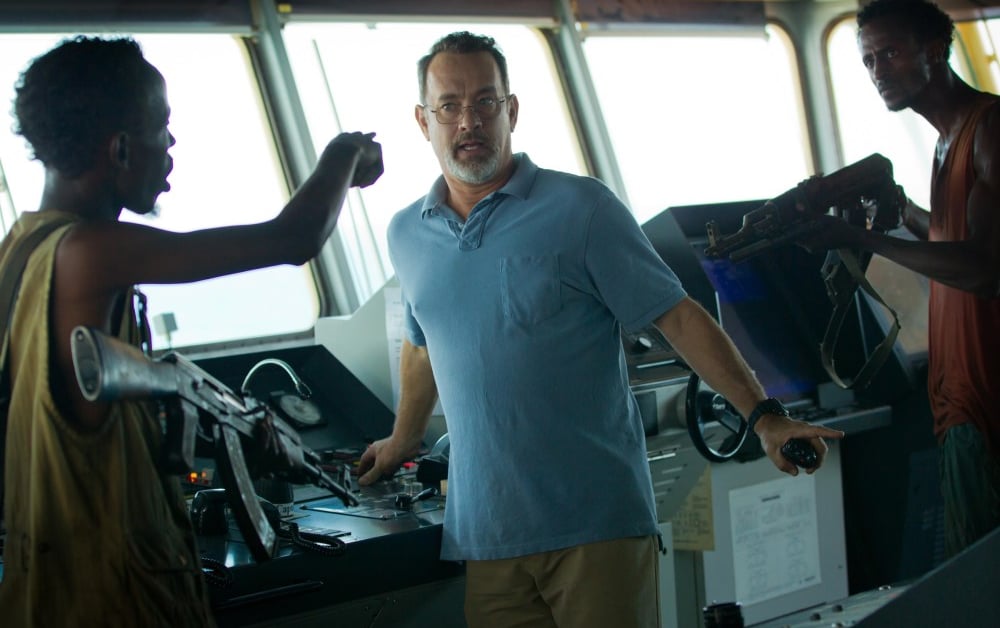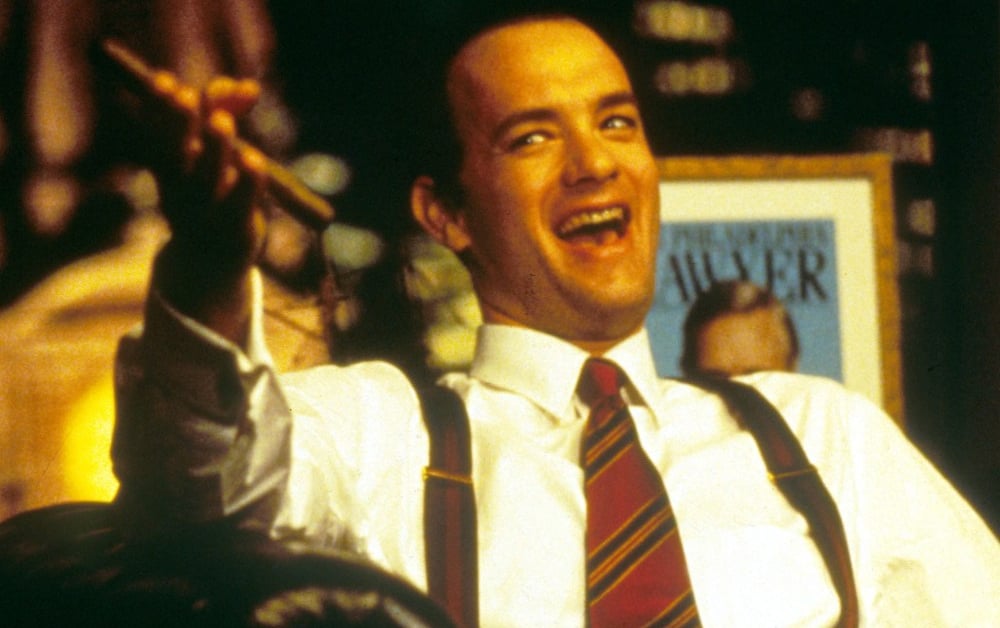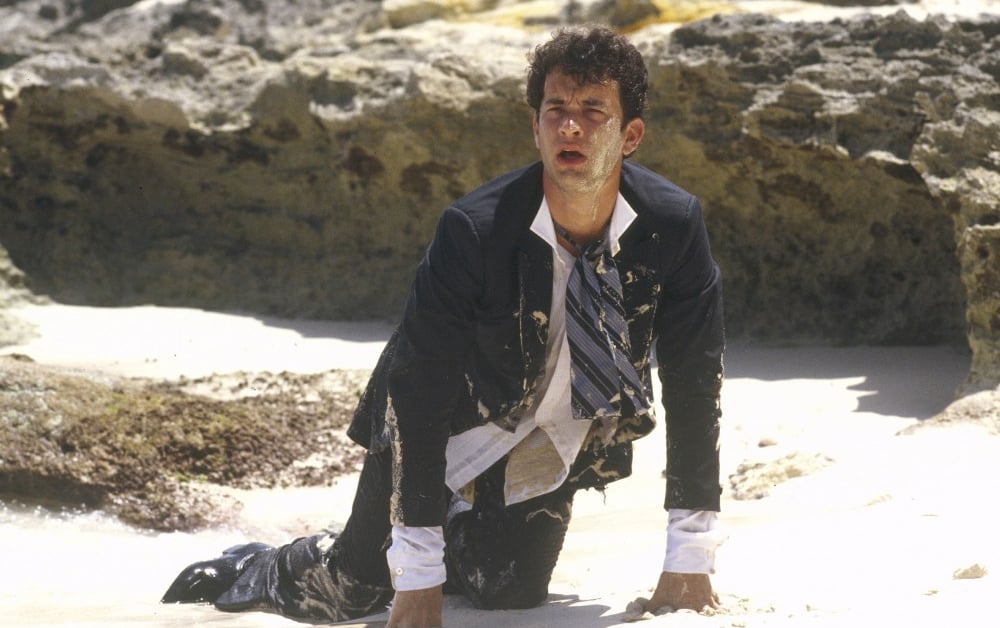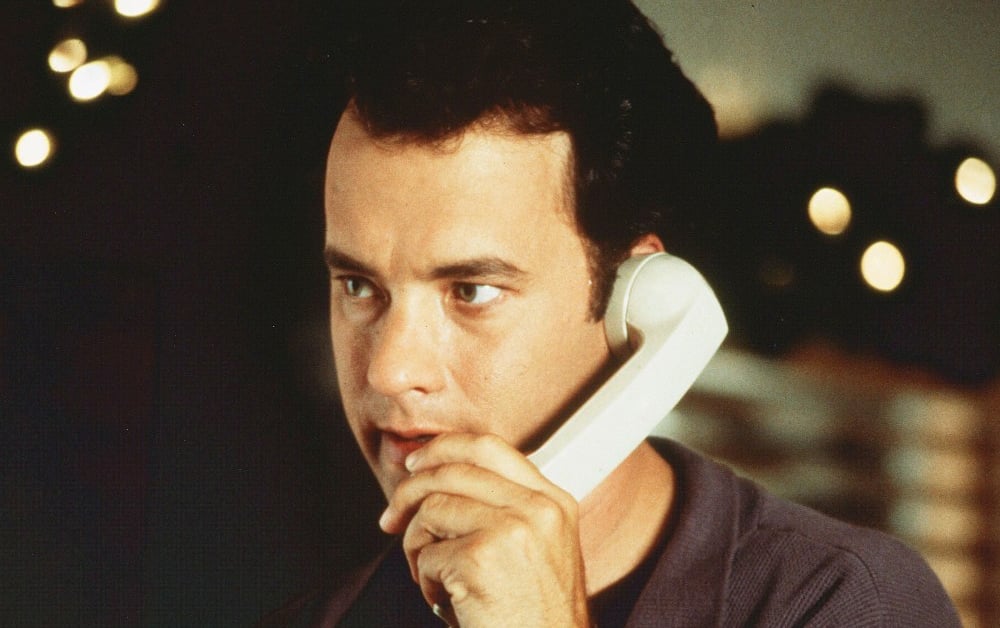Every Tom Hanks Movie, Ranked Worst to Best
From WWII heroes to hired killers, Forrest Gump to Fred Rogers — we rank every one of the Oscar winner’s roles

Phillip Caruso/Paramount/Kobal/Shutterstock, Moviestore/Shutterstock, Brian Hamill/20th Century Fox/Kobal/Shutterstock
When Brian Grazer was recently asked by the New York Times to say a few things about Tom Hanks, the producer recalled a conversation he was having with some colleagues about a project they were putting together in the mid-’90s. They wanted to retell the story of Apollo 13’s perilous, aborted journey to the moon; common sense and studio suits dictated that they get not just a star in the role, but the kind of matinee-idol, action-movie posterboy that would get people cheering in the aisles and spilling their popcorn. Grazer listened to everyone weigh in, then asked them: Who does the world want to save the most? The unanimous answer: Tom Hanks.
For decades now, the 63-year-old actor has been the movies’ A-list everyman of choice, Hollywood’s Mr. Nice Guy, one half of a showbiz power couple and the kind of real-life Good Samaritan that inspires by example. When he announced via Instagram that he and his wife Rita Wilson had contracted the coronavirus when he was in Australia filming Baz Luhrmann’s Elvis biopic (Hanks was cast as Colonel Tom Parker), it not only made the pandemic suddenly feel horribly real but became a national drama: America’s dad has COVID-19? Not Tom! And when they finally made it back to Los Angeles after inching down the road to recovery, surprise-hosting a remote SNL episode and giving a commencement speech via Zoom, you could practically hear a collective sigh of relief. You can’t go yet, Tom. We still need you.
He’s such a beloved figure, in fact, that it’s easy to forget the multiple Oscar-winner is more than just the sum of his sweet attributes, and is not just a movie star — i.e., the kind of marquee name that you go to for the same comfortable screen qualities time and again — but one hell of a versatile performer as well. And he’s such a totem of modern American filmmaking that it’s just as easy to forget he was not always on Hollywood’s version of Mt. Rushmore — this is also the guy who made those Dan Brown blockbusters, costarred in a buddy-cop with a slobbering pooch and has had his share of career low points. It hasn’t all been Forrest Gump fun and games. You do not spend four decades in this industry without a Dragnet or two.
Given his recovery and the fact that the three — three! — movies we were supposed to get from him in 2020 (the WWII drama Greyhound, the sci-fi headscratcher BIOS, and the Western News of the World) may not screen until next year, we figured it was time to look back at Hanks’ career as a whole and re-view the good, the bad, and the occasionally ugly.
Here are the man’s movies ranked from worst to best — the goofy comedies and award-winning dramas, the franchise-starring turns and cameos in indies, the cheerworthy and the cringeworthy. (We judged the rankings via a combination of how good the movie was overall; how good the actor was in the film specifically, and several random consultations of the I Ching.) Hanks for the memories, sir. We’re so glad you’re feeling better.
From Rolling Stone US
Love Music?
Get your daily dose of everything happening in Australian/New Zealand music and globally.










































